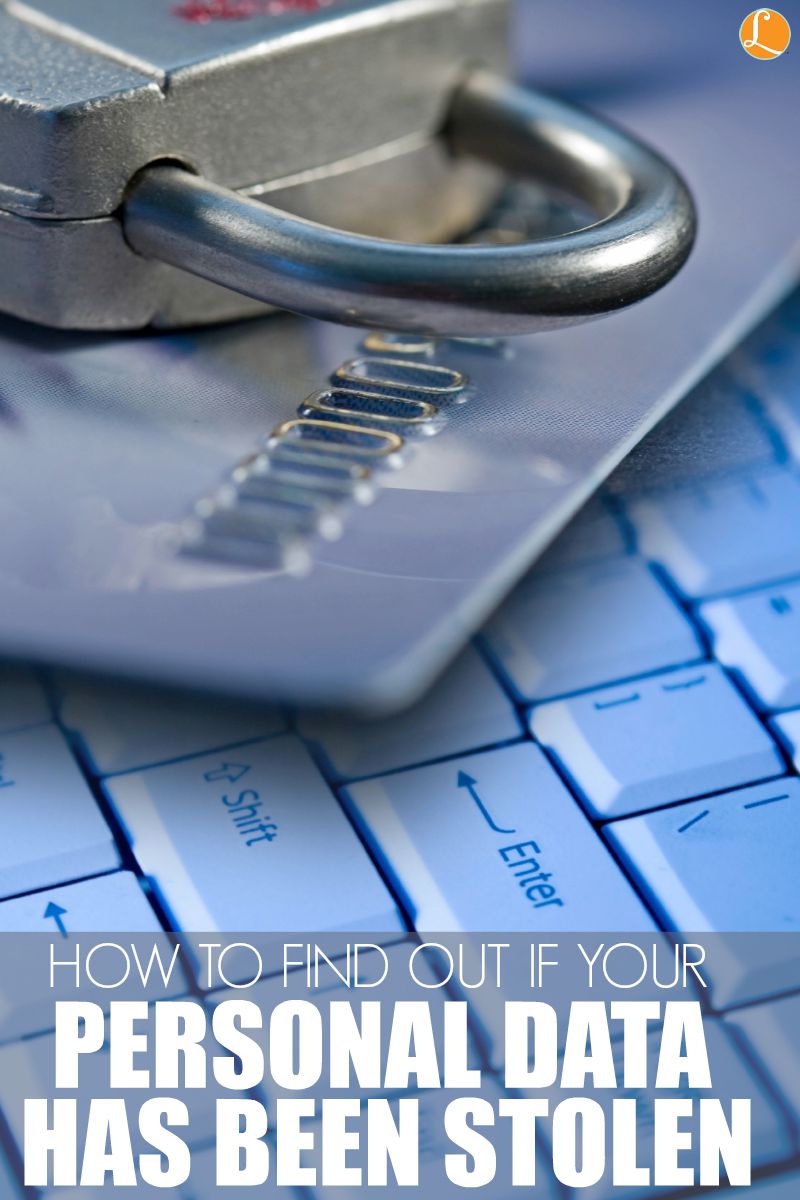How to find out if my personal information has been compromised
Consumers know that identity theft is real. About 50 percent of Americans saw their personal data exposed to hackers in 2014 alone. The New York Times reports that a recent breach at the federal Office of Personnel Management exposed personal data for 21.5 million people — in one attack. All this means that it’s easy for others to establish credit in your name, or use your personal information fraudulently. Even consumers who don’t shop or bank online are vulnerable.
Has Your Personal Information Been Compromised?
To find out which parts of your identity may have been revealed in some of the major hacking attacks, The New York Times has created a quick quiz, here. Answering the questions — which don’t ask for any personal information — will reveal what type of data has been exposed and where it may have occurred. Our Living Rich with Coupons tester learned that, because she has used debit cards at a number of stores and she has a particular type of health insurance, information including her date of birth and phone number are potentially available to hackers.
The New York Times notes that quiz responses are not retained or recorded. Authors of the study, Josh Keller, K. K. Rebecca Lai, and Nicole Perlroth, further caution readers that, “Not all attacks are included here, and many attacks go undetected, so think of your results as a minimum level of exposure.”
My Information is Out There. Now What?
There is no way to put genie back in the bottle, or to put your information back where it belongs, out of the public sphere.
The New York Times recommends that consumers do the following:
- Review your account statements and credit report carefully. A free credit report is available annually here by way of the Federal Trade Commission. Contact your bank or credit card immediately if there is a discrepancy.
- Use different passwords for different accounts. Most important: use different passwords for bank accounts, email and e-commerce accounts.
- If your identity has been compromised more than once, some security experts recommend freezing your credit. Contact Equifax, Experian or TransUnion to have your account frozen. That credit agency will mail you a PIN or password to unfreeze your account later. You can thaw a freeze, if necessary, and pay a fee to refreeze the account. This will allow you time to address credit concerns.
- If advised by your bank or credit cards, contact law enforcement and file a report.
How can you protect yourself in the future?
There is no way to guarantee your information will remain safe, but some common-sense precautions will help. The New York Times recommends that consumers do the following:
- Turn on two-factor authentication. Most banking sites and many large sites, such as Google, offer this.
- Change your passwords often.
- Use different passwords for different websites.
- Monitor your bank accounts, bills, and credit report.
- Do not enter sensitive information into websites unless you are certain the site is legitimate.
- Look for a lock symbol next to the web address when you enter sensitive information. That means your information is encrypted.
How Can I Learn More About Specific Attacks?
A list of recent attacks is here.


